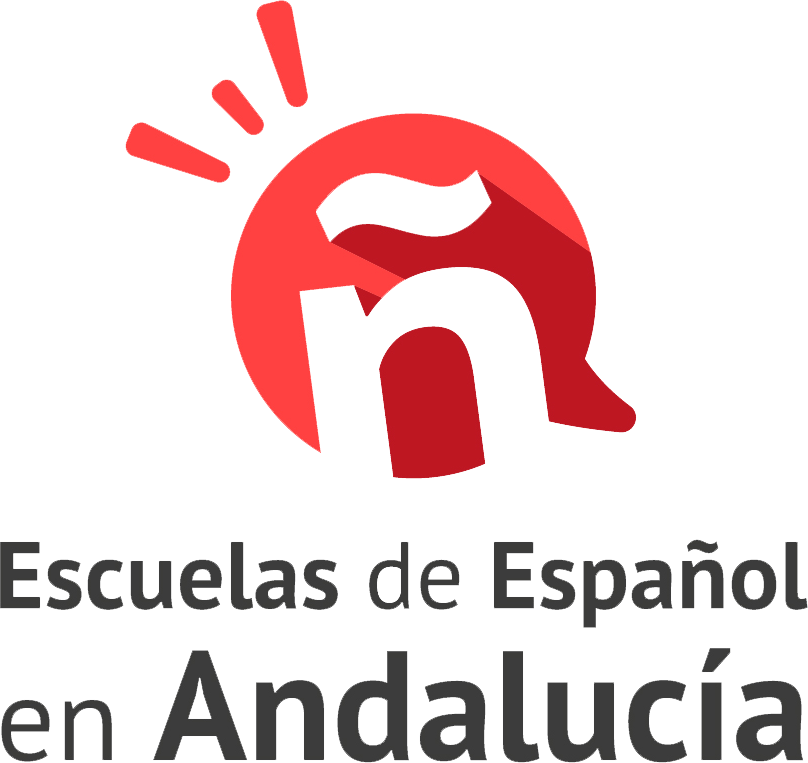Speaking can sometimes be the hardest part of learning a new language, but like with most skills—practice makes a big difference! There are many different ways students can become better Spanish speakers, and each approach involves time and effort. Beginners and more advanced learners can both benefit from studying in a Spanish-speaking environment—making a study abroad experience in Spain the ultimate opportunity for helping learners test their language fluency on a daily basis!
If you choose to take on such an adventure, there are a few approaches to learning that can help you see rapid improvement to your Spanish speaking skills. With that in mind, here are some tips to keep in mind while you study Spanish in Spain!
1. Preparing Common Phrases before Speaking with Others
Starting a new conversation with someone can be intimidating, especially when you’re speaking in a new language. To feel more confident, students can prepare in advance and memorize common words and phrases used in everyday situations. This can include basic phrases used in the beginning or end of general conversations, as well as phrases used to introduce yourself.
Knowing what to say and when to say it can help you sound more fluent. It helps to listen to native speakers—focusing on the words and phrases to find patterns you can start using in your own conversations. You can also start practicing conversations on your own before speaking with others. If you know the topic in advance, you can prepare for it by looking for the right vocabulary—helping you improve your oral communication skills.

2. Working on Your Pronunciation by Studying Difficult Sounds
By going to a Spanish school, you can learn Spanish with other speakers at the same level. Through fun activities and practice opportunities with native speakers, your pronunciation skills will be much stronger. For non-native speakers, some Spanish sounds can be a little difficult to make. With the help of your teacher and classmates, you can start working on those tough sounds and increase your fluency.
These sounds can come from a single letter or from a combination of two separate sounds. For example, non-native speakers can sometimes have trouble with the “rolled r” or with certain Spanish dialects (like Castilian or Andalusian). It might help to test your pronunciation with fun speaking exercises and «tongue-twisters» (or trabalenguas) that allow you to focus on those sounds.

3. Making Mistakes and Joining New Conversations at Spanish School
Language learners should not worry about making mistakes, especially as they can learn from them. Even though good grammar is important, focussing on this aspect too much can hold you back from jumping into new conversations. Language learners can make more progress when they focus on communication—paying attention to their speed, fluidity, and pronunciation instead of sentence structure. Students going to a Spanish institute can use their new environment to make new friends and conversation partners.
By joining social activities outside of the classroom and practicing with new friends, students can feel more comfortable with their speaking skills. Instead of fixing their mistakes, they can start building stronger connections with their fellow classmates in Spain. By following these tips, you should hopefully see much quicker improvement to your Spanish speaking skills!
Are you looking for language schools in Europe?
Contact Spanish Institute for Global Education to learn more about our programs!






